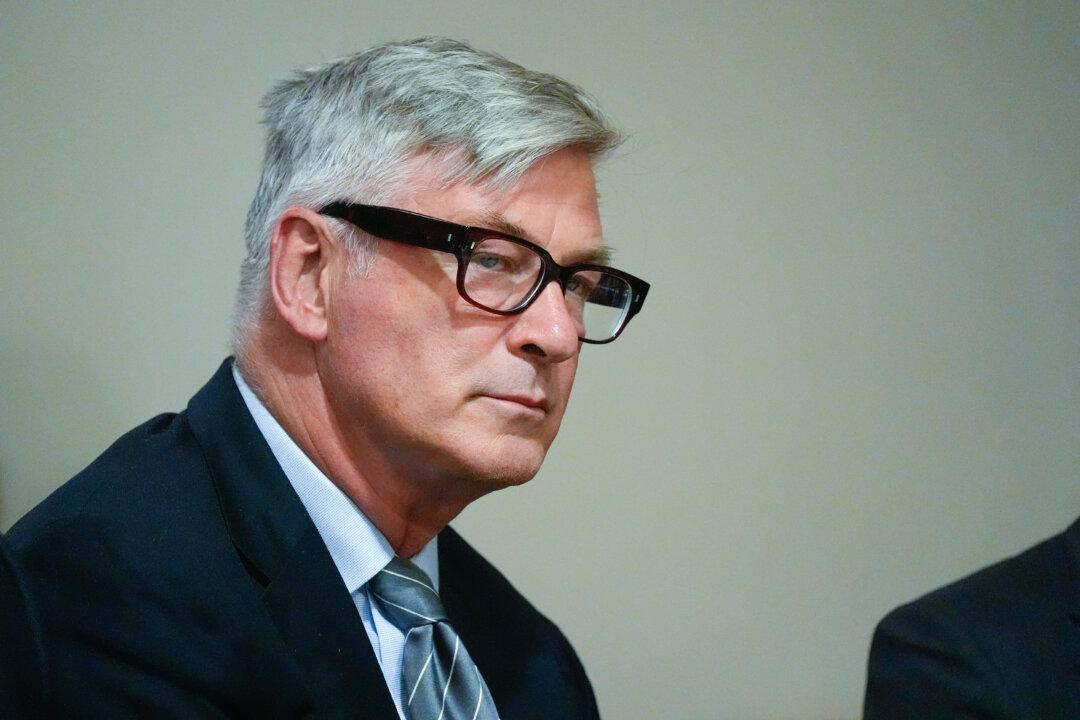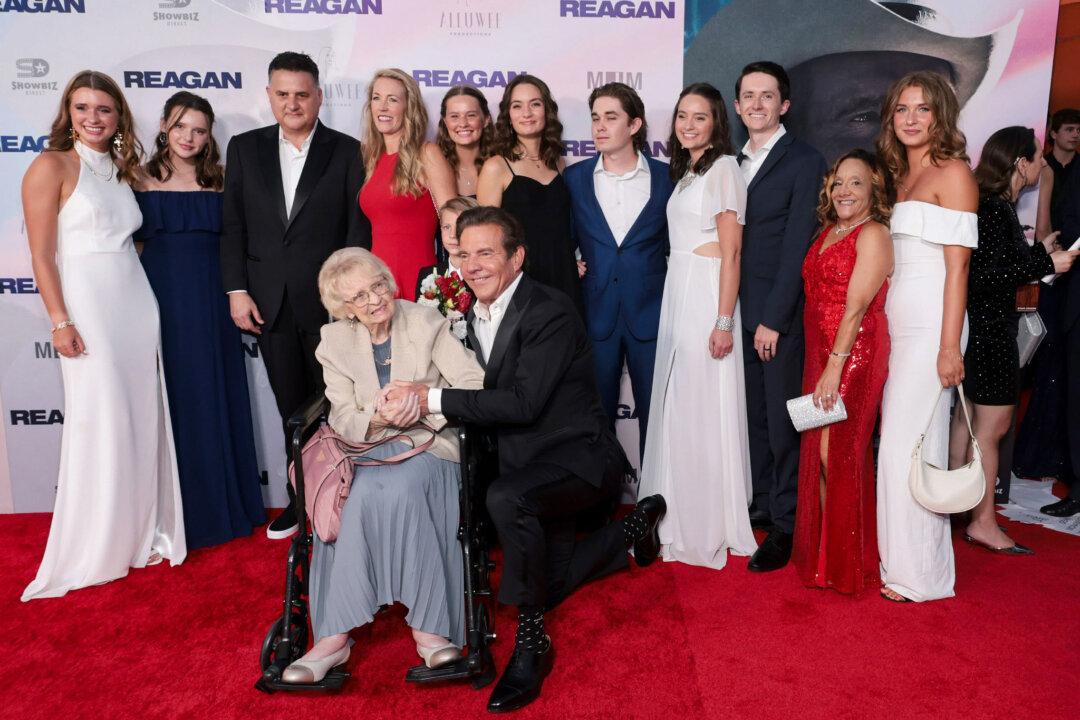New Mexico Judge Mary Marlowe Sommer concluded that evidence pertaining to Alec Baldwin’s co-producer role on the set of the movie “Rust” is inadmissible, aligning with the arguments presented by the defense.
Mr. Baldwin was charged with involuntary manslaughter and is gearing up for his trial over the accidental death of cinematographer Halyna Hutchins.
In 2021, a firearm held by Mr. Baldwin discharged on the set, killing Ms. Hutchins and injuring director Joel Souza. Mr. Baldwin has pleaded not guilty.
Judge Sommer considered requests from prosecutors and defense attorneys to determine what evidence, testimony, and arguments would be allowed during the trial.
Mr. Baldwin’s attorneys argued to exclude his role as a co-producer from the trial, saying it was irrelevant to the negligence allegations. Special prosecutor Erlinda Johnson had attempted to include the information, asserting it highlighted his awareness of on-set safety.
Despite being excused from the pretrial hearing at the First Judicial District Court in Santa Fe, Mr. Baldwin chose to attend, accompanied by his defense attorney, Alex Spiro.
The judge has cleared the way for the prosecution’s firearms experts to testify about Mr. Baldwin’s handling of the revolver and whether the gun was functioning properly.
Prosecutors argued that a state workplace safety investigation, which found serious violations on set, should be excluded from the trial, claiming it was incomplete and untrustworthy, and the judge ruled in their favor. Rust Movie Productions resolved its violations of state safety regulations with a $100,000 fine under a 2023 settlement. The state classified the violations as “serious” but not willful.
More Pretrial Motions
Mr. Baldwin faces a single felony charge of involuntary manslaughter, which carries a potential sentence of up to 18 months in prison if convicted.Hannah Gutierrez-Reed, the film’s armorer, was convicted in March of involuntary manslaughter in Ms. Hutchins’ death and sentenced to 18 months in prison. She is appealing the conviction.
Mr. Baldwin has entered a not guilty plea, asserting that the gun discharged accidentally after he followed instructions to point it at Ms. Hutchins, who was behind the camera. He stated that he pulled back the hammer, not the trigger, and the gun unexpectedly fired.
Mr. Baldwin’s defense team also sought to exclude any references to the accidental death of actor Brandon Lee on the set of “The Crow” in 1993. Prosecutors agreed to refrain from introducing this incident but argued that Mr. Baldwin should have been aware of the risks posed by firearms on set, even without live rounds. Mr. Baldwin’s attorneys argued that it was inconceivable that there were live rounds on the set.
Prosecutors successfully sought to block a letter signed by crew members that disputes claims of a chaotic or dangerous environment on set before the shooting.
The judge ruled that discussion at trial of prosecutorial misconduct will be limited to testimony and expert analysis of the gun in the fatal shooting and FBI forensic testing that damaged the firing mechanism. Defense attorneys argue that may have destroyed possible exculpatory evidence.
The judge also ruled that evidence or arguments aimed at garnering sympathy for Mr. Baldwin, such as indications of remorse or the impact on his family, are irrelevant and will be excluded at trial.







